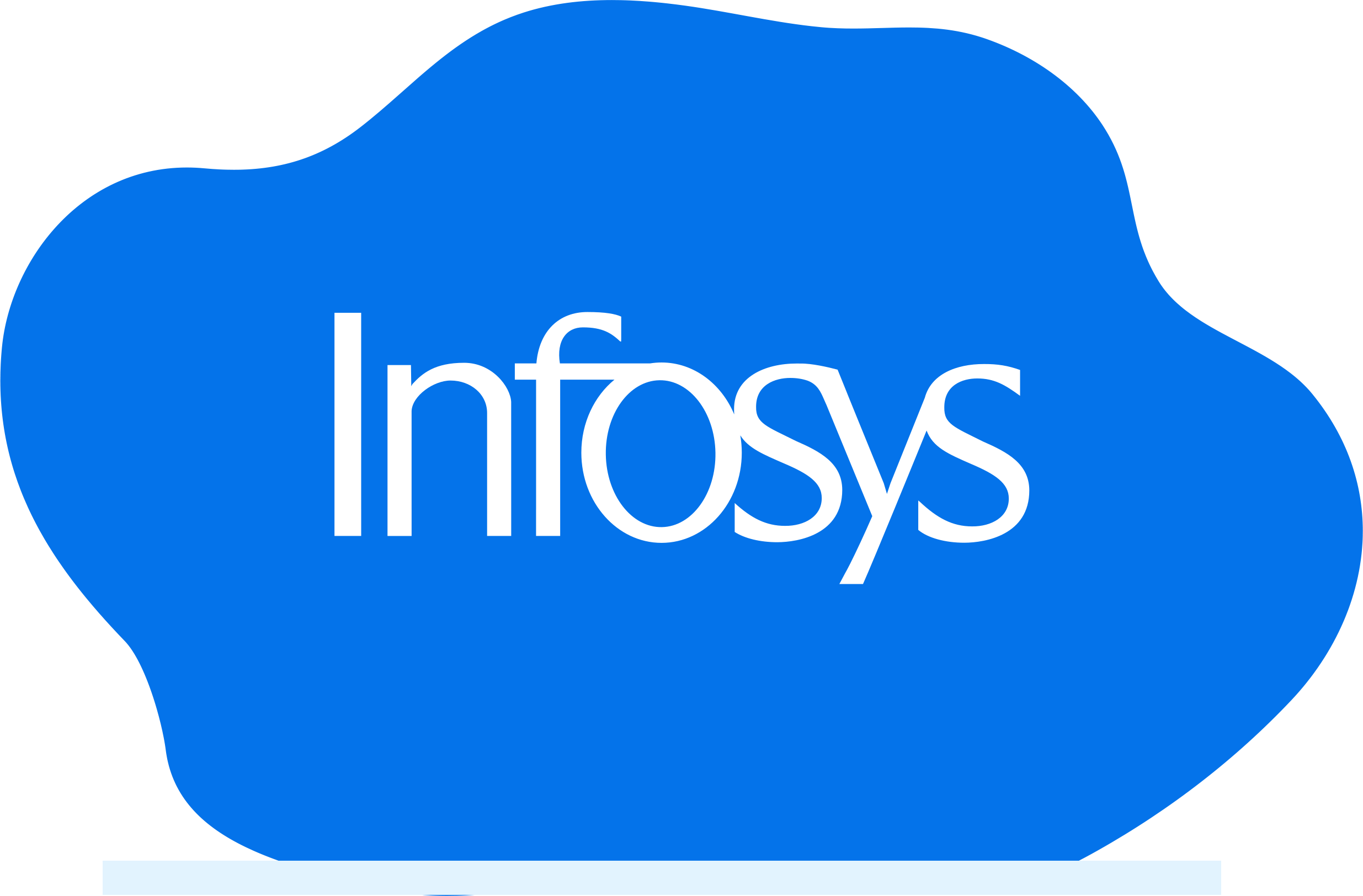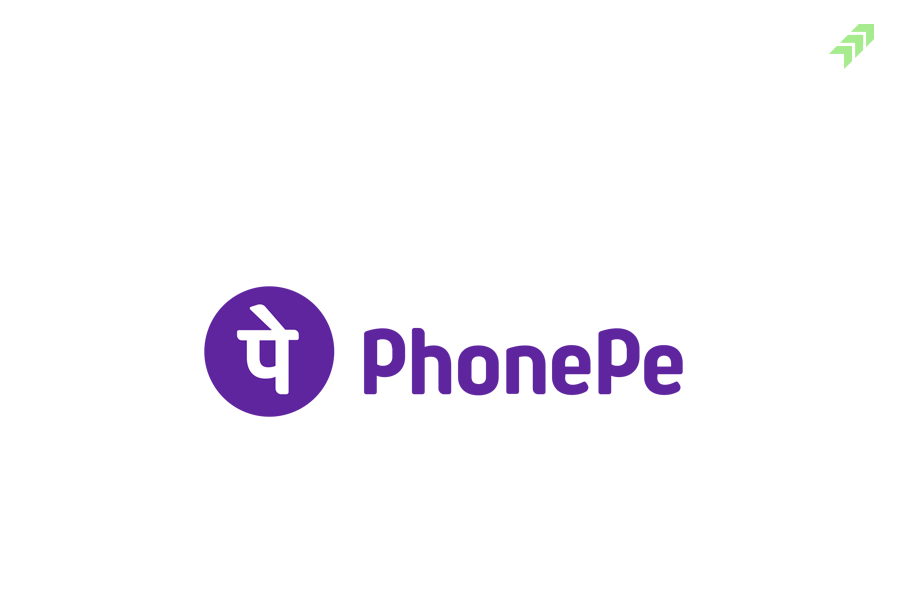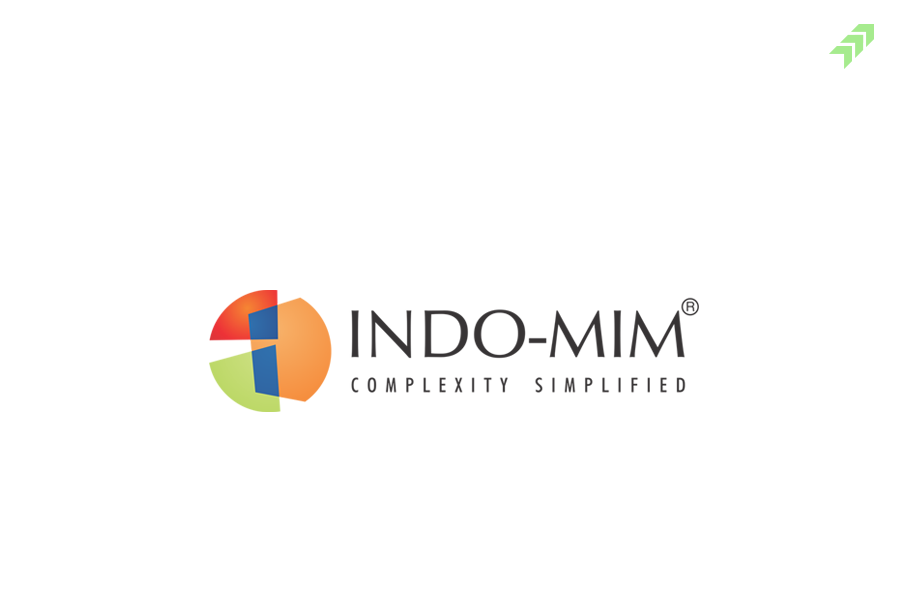In IT services companies Infosys is India’s second largest firm and recently gaining the spot light in market for its announcement of share buyback program. It is a common way for large corporations to reward shareholders and boost investor confidence through share buyback also called share repurchase program. This step reflects both strong financial health and management’s commitment to returning value to its stakeholders. We understand how it could impact investors, company’s future and why Infosys has chosen this route?
What is a Share Buyback?
In share buyback process company its own shares from the stock market which decrease reduces the total number of shares available in market which turn into:
- It gives higher returns for shareholder by direct buyback offers at a premium price or from long-term appreciation in share value.
- It reflects management confidence and better valuation in the company’s prospects.
- A share buyback lead to increase in earning per share (EPS) because fewer shares outstanding automatically increase EPS.
Infosys has conducted several buybacks in the past few years, each aimed at rewarding shareholders while utilizing surplus cash reserves.
Infosys’ Strong Financial Position
In India, Infosys has consistently been among the most stable and profitable IT service company. Infosys has managed to maintain a healthy balance sheet despite global economic uncertainties and challenges in the IT sector such as slowing discretionary spending by clients.
Infosys has cash reserve of thousands of crores, company uses buybacks to optimize its capital structure rather than letting this money lie idle. It also shows that company does not find any better opportunities for utilizing excess cash in the short term, and instead, prefers returning it to shareholders.
Key Details of the Latest Buyback
- The size of buyback has worth of thousands of crores and exact figures vary with each buyback; historically, amounts have ranged between ₹9,000–₹13,000 cr.
- The buyback of shares is usually higher than the prevailing market price which gives opportunity to earn an immediate premium for shareholders.
- The mode of buyback could be open market route as company has chosen this method in past. In this shares are purchased directly from the stock exchange or the tender offer route, where shareholders can tender their shares at a fixed price.
- The impact of share buyback might slightly increase the promoter group’s shareholding because overall outstanding shares reduce.
Why Infosys is Opting for Buyback
There are many reasons for share buyback by Infosys. Through this strategy, company want to reassures investors about the company’s financial strength in current market volatility. Buyback ensures effective use of these funds as Infosys generates large free cash flows. It makes stable dividend policy for Infosys because combining dividends with buybacks makes it a shareholder-friendly company. Mainly, it give boost EPS because fewer shares in circulation directly improve it.
Impact on Investors
It is good decision for investors of share buyback. This decision strengthen company image as a stable and shareholder-oriented company. The immediate effect on investors is short term gains as buyback price is often higher than the market price. In long-term advantage, the buyback improves EPS and return ratios, potentially pushing the stock price upward in the long run for those who do not tender their shares. Although, it does not assure significant gains in long-term because global IT spending trends, client budgets, and macroeconomic conditions still play a crucial role in Infosys’ stock performance.
Conclusion
Infosys’ share buyback is a clear signal of the company’s strength and shareholder-centric approach and not just a financial transaction. It represents both an opportunity for short-term gains and long-term value creation for its investors. Despite global uncertainties in the IT industry Infosys’ proactive steps, including its buyback program, reaffirm its position as one of India’s most trusted blue-chip companies. The latest buyback is another chapter in its growth and wealth-creation journey for long-term investors.

















